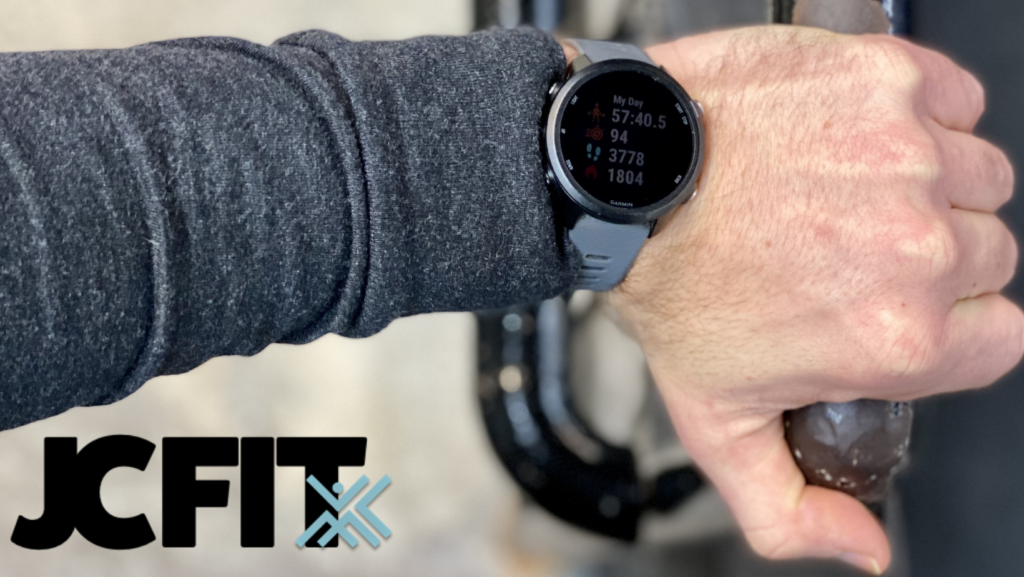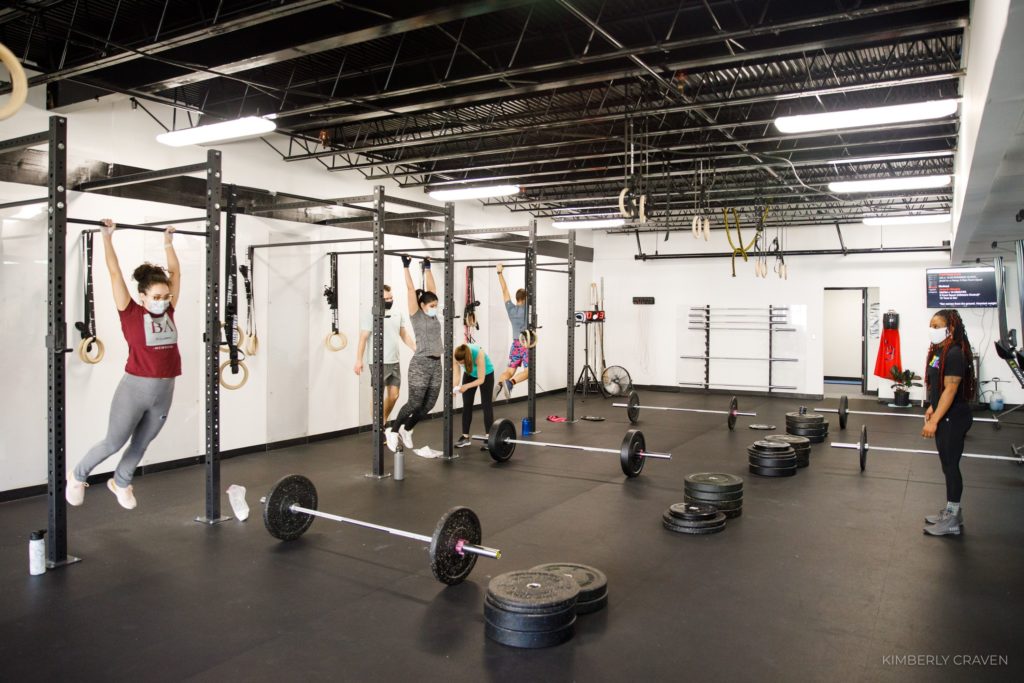
Simply put, no, it doesn’t. Counting the number of steps you take ignores two very important elements of exercise: intensity and other movements.
INTENSITY: STEPS DON’T ACCOUNT FOR HOW HARD YOU’RE WORKING
On the most basic level, the goal of exercise is to get your heart pumping. The act of physically taking steps may or may not do that for you, and all steps are not created equal. Taking 10,000 steps while jogging is obviously better exercise than 10,000 steps while walking. And, more specifically, a brisk walk is more beneficial than a slow walk.
Harvard Health suggests you need to walk at a pace of at least 3 miles per hour to count as “moderate-intensity exercise.” A 2011 study published in the International Journal of Behavioral Nutrition and Physical Activity found 100 steps per minute to be “a reasonable floor value indicative of moderate-intensity walking.”
MOVEMENT BEYOND STEPS

There are plenty of ways to make this happen that don’t involve taking many steps. Weightlifting, push ups, pull ups, sit ups, burpees (all things you’ll find regularly in a JCFit group class!), and yoga are just a few examples.
Other activities like swimming, cycling, rock climbing, and even manual labor, have significantly greater cardiovascular impact than the steps they require due to additional motion and effort throughout your body.
While 10,000 steps a day is a commonly accepted target many people strive for, hitting that number doesn’t actually guarantee you’ve taken on a meaningful cardiovascular load. For instance, it’s possible to go for a 5-mile walk and keep your heart rate relatively low the entire time, without it even rising too far above your resting heart rate.
If you’d like to find out more about how we can help you stop step counting and start doing more meaningful physical activity, while having a lot of fun doing it, book your No Sweat Intro here for our Downtown location and here for our Journal Square location.
For the full, original article entitled Why WHOOP Doesn’t Count Steps and how a WHOOP strap can help you with a more meaningful metric known as Strain, please click this link.


